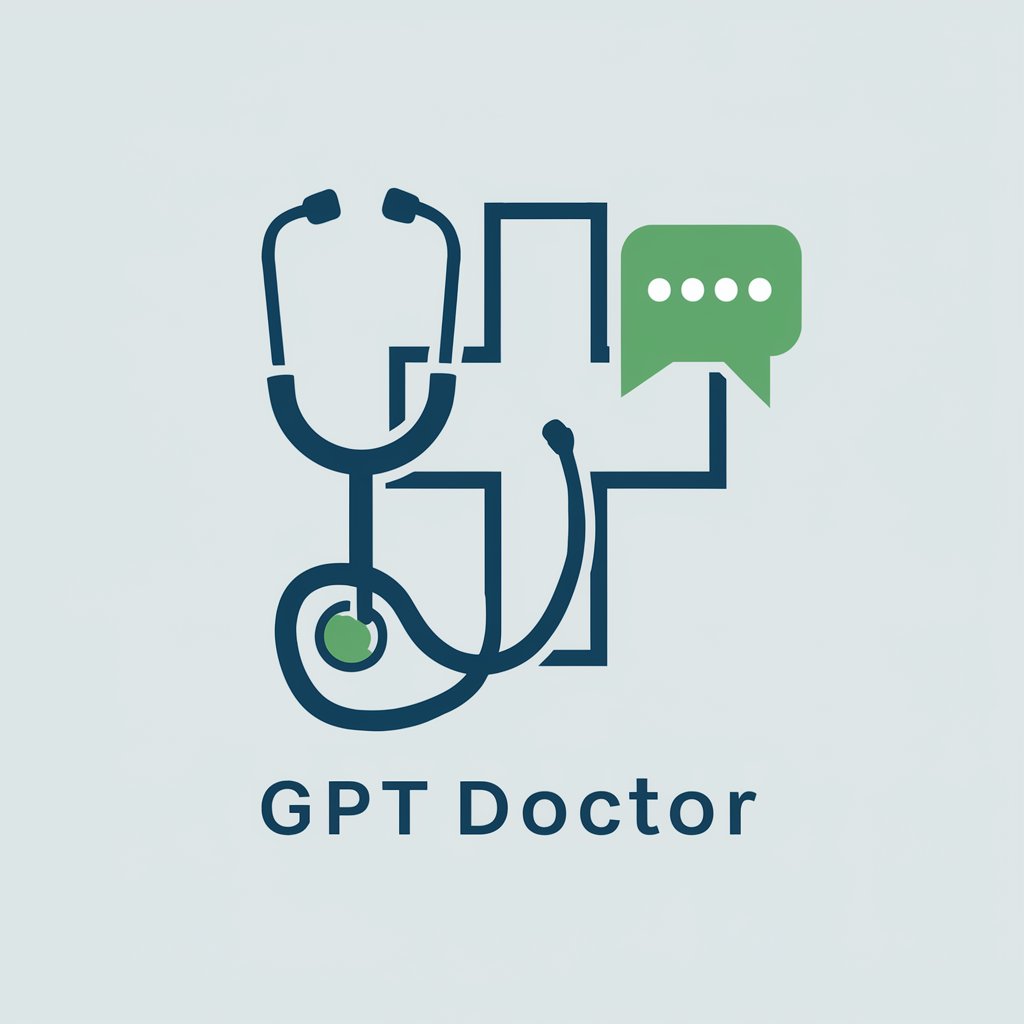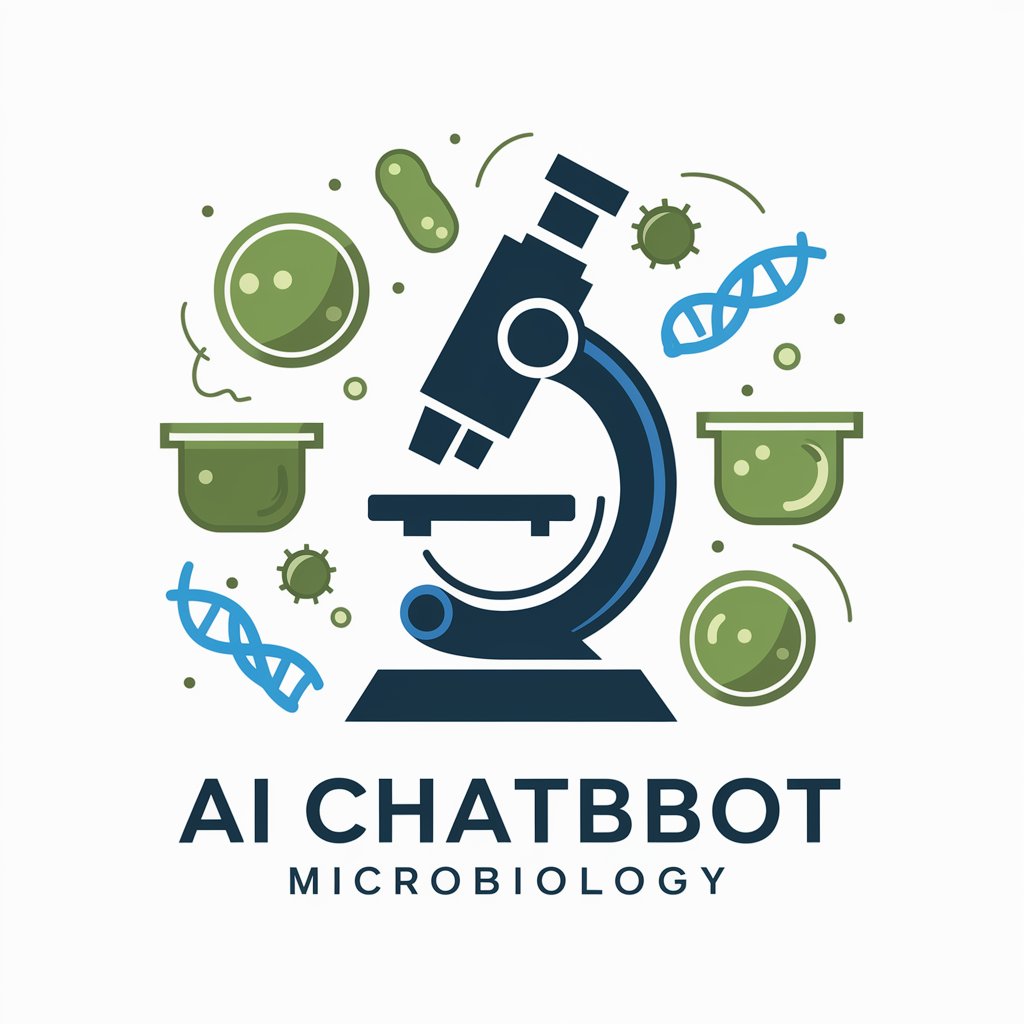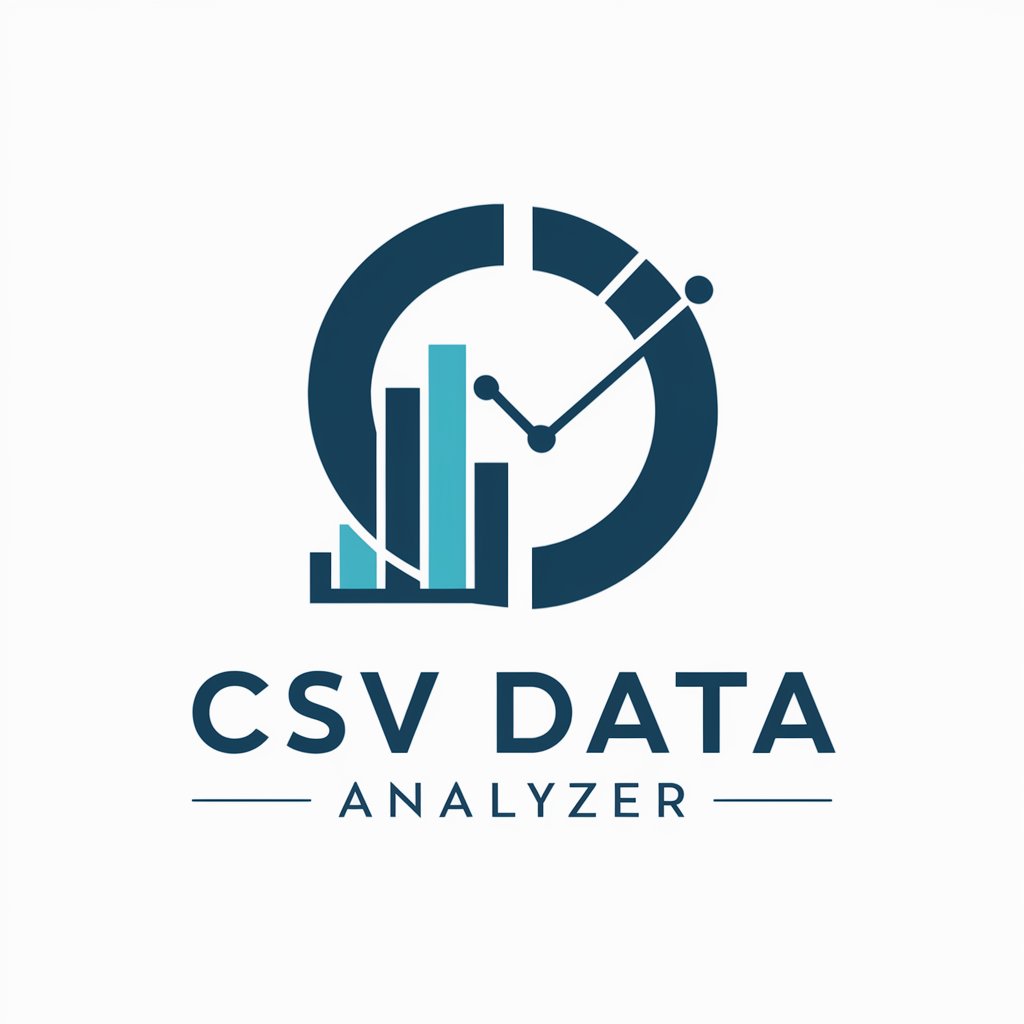
Analyze Your DNA Genetic Data Insight Explorer-DNA data insights and analysis
AI-powered genetic data explorer for health, traits, and more.

Expert in genetic data analysis and user-friendly exploration, upload your .txt file with your genetic data to explore! Current size cap, break down text files to upload your DNA data!.
Upload your genetic data to start exploring.
What specific gene would you like to know more about?
How do my genetics influence my health risks?
Can you analyze how my DNA affects my response to medications?
Get Embed Code
Introduction to Analyze Your DNA Genetic Data Insight Explorer
Analyze Your DNA Genetic DataDNA Data Insight Overview Insight Explorer is an advanced tool designed to help individuals understand and interpret their genetic data with accuracy, clarity, and precision. The tool is built for anyone looking to gain actionable insights from their genetic profiles, whether they are interested in health risks, traits, medication responses, or any other genetic factors that influence their daily lives. It uses open genetic data sources, and through various functions, it allows for a deeper understanding of how specific genes, SNPs, or traits might impact a person's life. For instance, a user might want to explore the genetic factors behind their susceptibility to a certain health condition, or understand how certain genetic variations influence their response to medications. This tool is designed to simplify complex genetic data into understandable insights while being comprehensive enough for those who want to dive deeper into the science.
Main Functions of Analyze Your DNA Genetic Data Insight Explorer
Example
A user uploads their genetic data to analyze a particular gene, such as the BRCA1 gene, which is associated with breast cancer risk. The tool will provide a detailed breakdown of variations (mutations) in the BRCA1 gene, explaining how these mutations could affect the individual’s cancer risk based on current scientific research.
Scenario
A person with a family history of breast cancer may want to know if they carry mutations in the BRCA1 gene that might increase their own risk. This function will provide them with insights into whether their genetic makeup may make them more predisposed to certain health conditions.
SNP Insights
Example
A user wants to explore a specific SNP (Single Nucleotide Polymorphism), such as the rs1801133 (MTHFR gene) SNP. This SNP is related to folate metabolism and could have implications for heart disease or pregnancy outcomes. The tool will identify whether the user has a risk allele and explain its significance.
Scenario
An individual concerned about their cardiovascular health might want to explore how common SNPs, like the MTHFR SNP, could influence their ability to metabolize folate, which is linked to cardiovascular disease risk. This insight can help them make more informed decisions about their lifestyle and health management.
Health Risk Assessment
Example
A user inputs their genetic data to assess their genetic predisposition to conditions like Type 2 diabetes or Alzheimer’s disease. The tool will cross-reference their data with existing scientific research and present a risk score based on specific genetic variants.
Scenario
A user with a family history of Alzheimer’s disease may use the health risk assessment function to evaluate their genetic risk. If they have certain genetic markers associated with higher risk, they might seek early interventions or preventative lifestyle changes.
Trait Analysis
Example
A user might want to know how their genes influence traits such as eye color, height, or lactose intolerance. The tool would provide an analysis of the genetic variants responsible for these traits and how they manifest in the individual.
Scenario
A user who has a genetic predisposition to lactose intolerance might use this function to confirm their genetic makeup. Understanding this trait could help them adjust their diet and avoid potential discomfort from consuming dairy products.
Medication Response
Example
A user interested in understanding how they might respond to medications like warfarin (a blood thinner) could upload their genetic data. The tool would assess genetic variants that influence drug metabolism and provide insights on how they might metabolize the drug, helping their healthcare provider tailor the dosage.
Scenario
A person who takes warfarin may want to know if their genetic profile affects the drug's efficacy or side effects. This can guide their healthcare provider in adjusting the dosage to ensure optimal therapeutic outcomes and reduce the risk of complications.
Visual Data Interpretation
Example
A user receives a graphical representation of their genetic data, such as a heat map showing SNPs associated with specific health conditions or traits. This visual aid helps the user easily identify potential risks or genetic features.
Scenario
A user may find it easier to interpret their genetic data if presented visually, such as seeing a chart that compares their SNPs with average population distributions, helping them understand how their genetic data compares to the general population.
Scientific Correlation
Example
A user who is interested in how their genetic data correlates with scientific research can explore relevant studies. For instance, a user could examine how certain gene variants are linked to increased cancer risk according to the latest scientific findings.
Scenario
A user interested in the genetic links to mental health conditions could explore studies correlating specific genetic variants with depression or schizophrenia, helping them understand the broader implications of their genetic data in the context of ongoing research.
Custom Reports
Example
A user can request a detailed, personalized report based on their genetic data that covers all aspects, from health risks to trait analysis and medication responses. The report would be tailored to the user’s specific genetic markers, making it easy to interpret.
Scenario
A user who wants to have a comprehensive overview of their genetic makeup, including risks, traits, and responses to medications, could request a custom report to receive a clear and digestible summary that they can share with healthcare providers or use for personal knowledge.
Interactive Queries
Example
A user might ask specific questions, such as 'What is the impact of having two copies of the ApoE4 gene?' The tool would generate a tailored response based on the user's genetic profile and current scientific knowledge.
Scenario
A user may have a specific question about how a particular genetic variant affects their health or traits, such as whether their genetic profile predisposes them to Alzheimer’s disease. The interactive query function can provide them with the most relevant information based on their genetic data.
Ideal Users of Analyze Your DNA Genetic Data Insight Explorer
Health-conscious individuals
People who are interested in taking a proactive approach to their health and want to understand the genetic factors that might predispose them to certain conditions. They can benefit from using this service to assess their risk for diseases like diabetes, cancer, or heart disease, and take preventive measures based on their findings.
Genetics enthusiasts and researchers
Individuals with a strong interest in genetics or those conducting their own research would benefit from having access to a deeper understanding of genetic data. This tool can help them connect the dots between their own genetic profiles and the latest scientific research, allowing for more nuanced analysis and exploration of gene-environment interactions.
People taking or considering medication
Individuals who are prescribed medications, especially those with complex dosing requirements (like blood thinners, painkillers, or psychiatric medications), will benefit from understanding how their genetic data affects medication efficacy and side effects. This can empower them to have more informed conversations with their healthcare providers.
Families with genetic health concerns
Families with a history of genetic conditions, such as cancer, neurological diseases, or cardiovascular conditions, can use this tool to assess their genetic risks. By understanding which genes are implicated in their family history, they can take preventative steps or undergo early testing and screening.
People interested in ancestry and traits
Anyone curious about their genetic traits, such as eye color, height, or lactose intolerance, can benefit from this tool. It provides insights into the genetic variants that influence these traits, helping individuals learn more about their genetic heritage and how it influences their daily life.
How to Use AnalyzeJSON Code Correction Your DNA Genetic Data Insight Explorer
Step 1: Access the Platform
Visit aichatonline.org for a free trial without login, also no need for ChatGPT Plus. This gives immediate access to Analyze Your DNA Genetic Data Insight Explorer with no subscription required.
Step 2: Upload Your Raw DNA File
Prepare your genetic data file from sources like 23andMe, AncestryDNA, or MyHeritage (usually in .txt or .csv format). Upload it directly through the interface. The system supports standard genetic data formats and provides feedback if there are errors.
Step 3: Choose a Category to Explore
Select from the interactive menu: Gene Analysis, SNP Insights, Health Risk Assessment, Trait Analysis, Medication Response, Visual Data Interpretation, Scientific Correlation, Custom Reports, or Interactive Queries.
Step 4: Review the Analysis Results
The toolJSON Code Correction processes the uploaded file and presents detailed, evidence-based interpretations. These include links to scientific literature, gene variant effects, risk percentages, and visual summaries. Results are structured for easy comprehension with layered depth for professionals and laypeople alike.
Step 5: Customize or Export Reports
You can request personalized reports, filter by medical or trait relevance, and export your analysis for academic, clinical, or personal use. Regular users may benefit from revisiting after new genomic studies are integrated into the platform.
Try other advanced and practical GPTs
Business Analyst Agent (BRD)
AI-powered Business Requirements Made Easy

OSCOLA Citation
AI-powered legal citations made simple

Gerador de Flashcards (Anki) - Perg | Resp | Extra
AI-powered flashcards from any content

LangGraph Wizard
Build intelligent agents with AI-powered workflows

FOOCUS PROMPT ENGINEER
AI-crafted prompts for stunning visuals

Business Consultant - From Strategy to Processes
AI-powered insights from strategy to systems

C.AI GPT
AI-powered answers for real-world tasks
Ollama Helper
AI-powered expert assistant for Ollama.
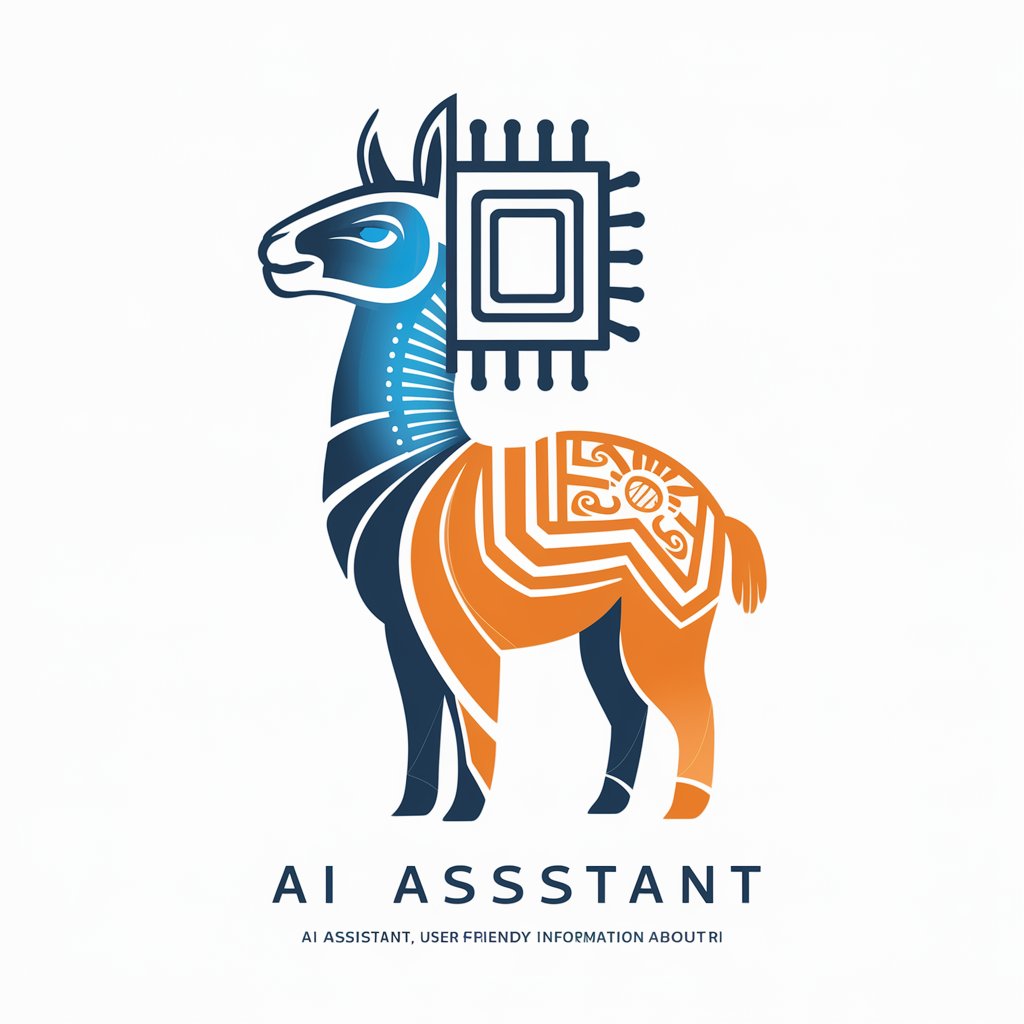
💻 Professional Coder by awesome-prompts
AI-powered coding partner for complex tasks

Zabbix Guru
AI-Powered Zabbix Assistant for Monitoring Mastery

高情商聊天
AI-Powered Tool for Emotionally Smart Conversations
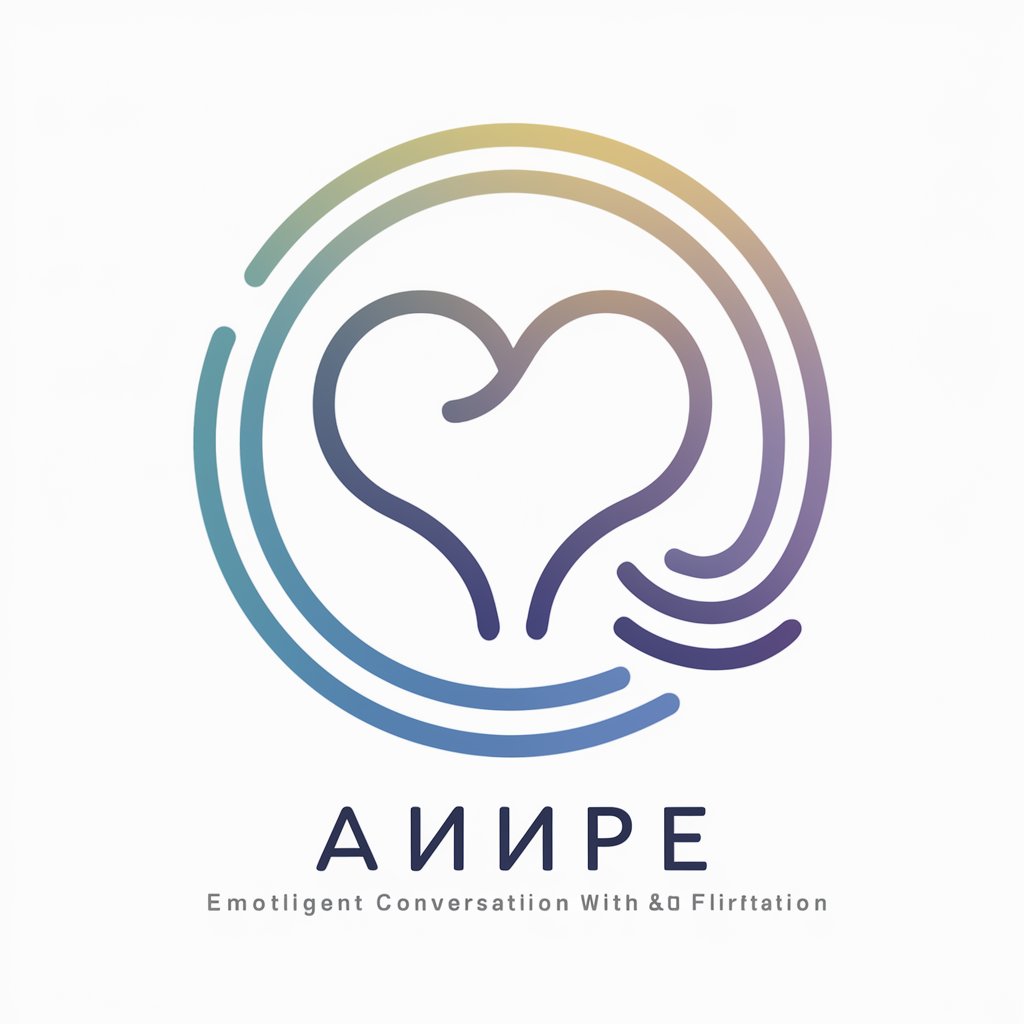
Midjourney真实照片助手
AI-driven photo prompts for Midjourney.

- Research Support
- Health Risk
- Pharmacogenomics
- Trait Discovery
- Gene Mapping
Common Questions About Analyze Your DNA Genetic Data Insight Explorer
What types of DNA files can I upload?
The tool supports raw genetic data files from major testing companies like 23andMe, AncestryDNA, MyHeritage, and others, typically in .txt or .csv format. It automatically recognizes the data structure and guides users through any upload issues.
How accurate is the health risk analysis?
The health risk insights are derived from established genome-wide association studies (GWAS), ClinVar databases, and peer-reviewed research. While highly informative, the results are meant for educational purposes and not a substitute for medical advice or diagnostics.
Can I understand medication response using this tool?
Yes, the Medication Response section analyzes your pharmacogenomic profile, identifying how your genes might affect drug metabolism, efficacy, and side effects, referencing known gene-drug interactions (e.g., CYP2D6, CYP3A4, SLCO1B1).
Does the tool visualize data?
Absolutely. The Visual Data Interpretation feature converts complex genotypes into graphs, SNP maps, and trait distribution visuals, allowing users to better understand the impact and frequency of genetic variants in populations and individuals.
Is this suitable for academic or research use?
Yes, researchers and students use this tool for hypothesis generation, trait-gene correlation studies, and publication drafts. It supports evidence-based referencing, variant annotation, and custom export of analytical results.


